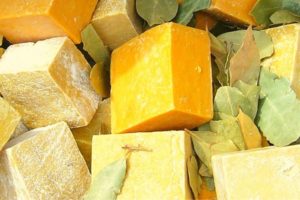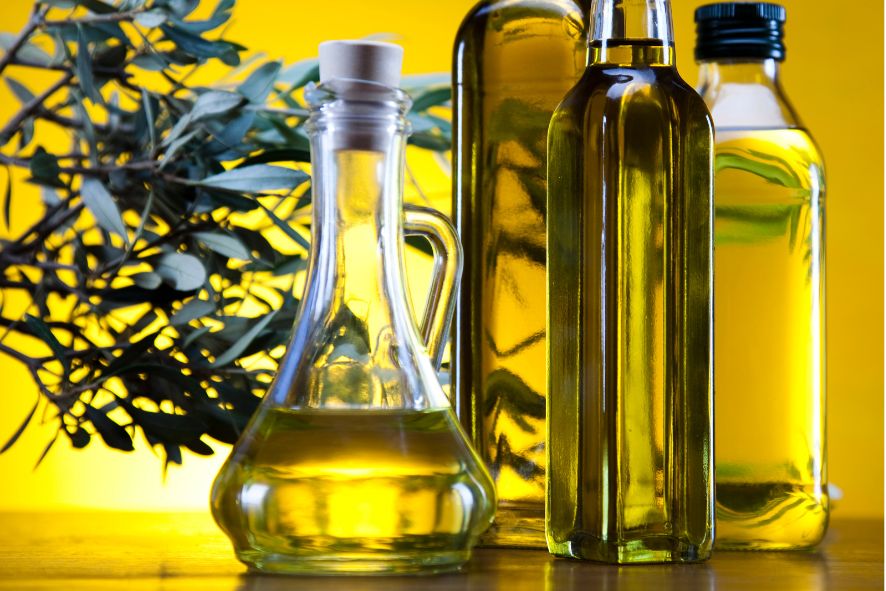Vegetable oils provide vitamins A, D, E and K, and essential oils that our body is unable to produce and also have the added virtue that highlight many of the sensory characteristics of food, such as flavor, aroma and texture .Because of the wide variety of fruits and oilseeds are in the market, there is an extensive list of edible vegetable oils.
These are the most common and well known:Extra virgin olive oil:Keep intact all its sensory characteristics and health properties. It is a pure olive juice with no additives or preservatives, obtained by physical processes, without any contact with organic solvents and temperature during extraction, less than or equal to 35 ° C. Its acidity should be less than 0.8% and present a sensory characteristics of identifiable quality.Virgin olive oil
Still the olive juice without additives or preservatives, but at present some minimal sensory defect is removed from the top category ‘extra’ and becomes only ‘virgin’. In addition, acidity may be greater than the ‘extra’ and should always be below 2%.Olive oil:
It is a blend of refined olive oil with an acidity greater than 2%, and virgin olive oil or extra virgin. The result is an oil whose acidity does not exceed 1%.Olive pomace oil:
It is the blend of refined olive pomace oil and virgin olive oil or extra virgin. Its acidity should not be situated beyond 1%.Seed oils:
Are those derived from fruits or seeds under conditions that allow obtain a bromatologically acceptable product by extraction using physical, mechanical action or dissolution by solvents
Vegetable oils seed can be marketed under the name of the seed from which they come.The best known are: sunflower oil, corn and grapeseed. It is also called the seed oil prepared by mixing two or more oils from the above seeds.Other key concepts that help us better understand the oils are:-The Refining. Oils that have been subjected to a refining process means have required an extraction process at high temperatures using chemical solvents.
-Acidity. The acidity does not affect the taste of the oil or oil means that whether or not more acidic. It is a chemical parameter that determines the amount of free fatty acids expressed as oleic acid and has to do with the process.
High acidity indicates anomalies in the condition of the fruit, in treatment, conservation, etc. Although low acidity does not necessarily mean an oil of exceptional quality.Currently the degree of acidity has disappeared from the labels and in the case of olive oil has been replaced by ‘intense flavor’ because it incorporates higher proportion of virgin olive oil or extra virgin and ‘mild flavor’ that includes fewer.





